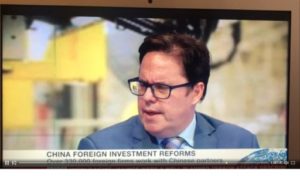
2024 was a bumper year for BYD, but it might face tough challenges to maintain its current lead in the automotive market, says marketing analyst Arnold Ma, founder of Qumin, in Campaign Asia. “Initiatives such as reducing carbon footprints, ensuring fair labour practices, and engaging in community development that resonate positively with stakeholders should continue to stay in focus,” he writes.
Arnold Ma:
Looking ahead, BYD’s brand prospects appear very positive and robust, but certain challenges must be addressed to maintain momentum: Imminent tariffs from the EU and potential ones from the US pose risks to BYD’s international sales. To mitigate their impact, BYD is investing in local production facilities, such as the planned factory in Hungary, to circumvent import duties and strengthen its presence in key markets. In markets where Chinese brands face scepticism, BYD should focus on building trust through quality assurance, customer service excellence, and transparent communication. Tailoring marketing messages to address local consumer concerns and preferences will be crucial to them. Continuous investment in R&D is essential to stay ahead of competitors. BYD will likely continue to prioritise advancements in battery technology, autonomous driving, and connectivity features to meet evolving consumer expectations and regulatory standards. BYD’s commitments to sustainability and ethical practices can enhance its brand reputation globally. Initiatives such as reducing carbon footprints, ensuring fair labour practices, and engaging in community development that resonate positively with stakeholders should continue to stay in focus.
Arnold Ma is a speaker at the China Speakers Bureau. Would you like him at your meeting or conference? Contact us or fill out our speakers’ request form.
Do you need more consumption experts at the China Speakers Bureau? Do check out this list.














